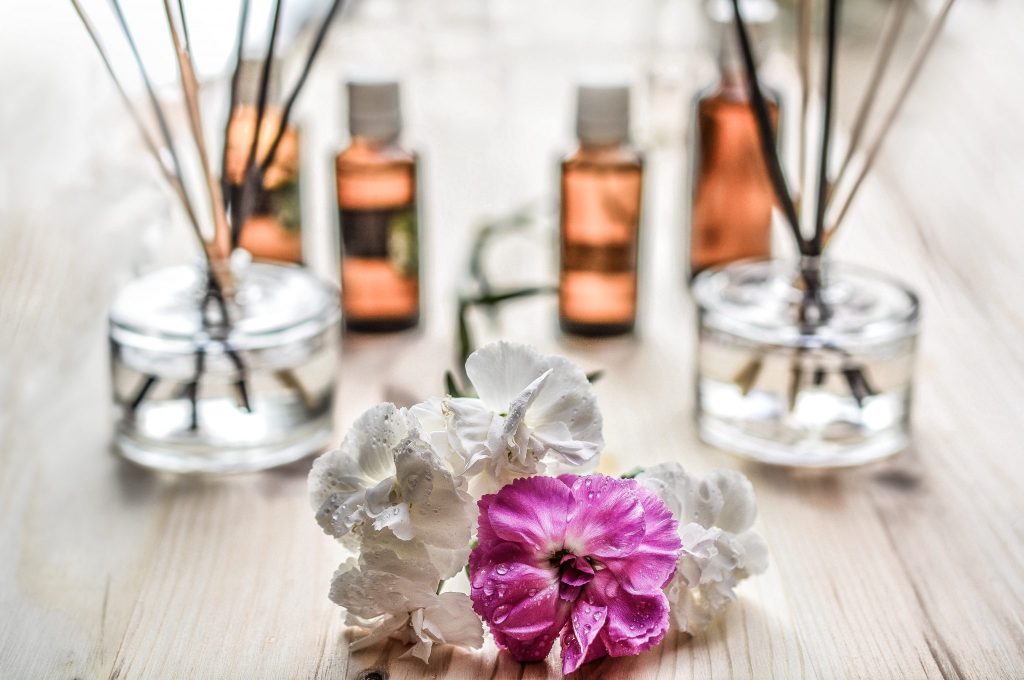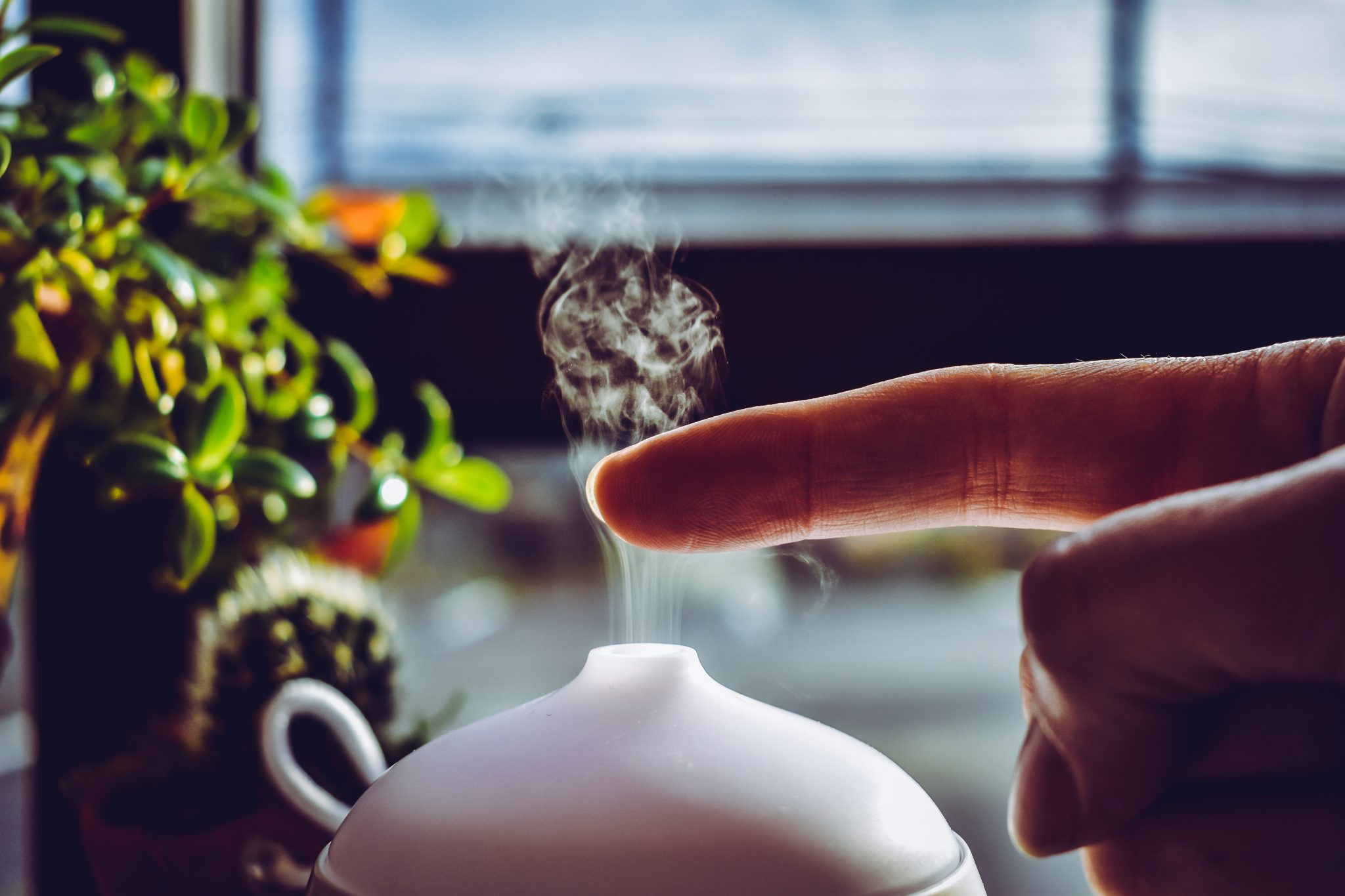Choosing an essential oil, it all comes down to purpose. Lavender, chamomile, and basil, for example, are excellent oils to use to treat anxiety with, while bergamot and peppermint oil is favored for stimulating the mood. Unless you’re an aromatherapist, it’s not uncommon to make the mistake of choosing an essential oil that isn’t right for the effect you want.

Complicating matters on the subject of essential oils is that some come with cautions about how to use. Some have to be diluted while others can cause adverse effects in some people when used inappropriately. How to use essential oils varies. There are three main ways the body can take in an essential oil – through the skin, inhaled, or ingested. Some oils will irritate the skin and those would therefore need to be diluted for inhalation.
Some general guidelines to follow when selecting on whether to inhale, ingest, or rub on the skin are as follows – any sort of wound care is done topically, for mood effects inhalation or topical application is recommended, and for baths, inhalation and topical absorption work. If you’re going to inhale essential oils, a high quality aromatherapy diffuser is required to evaporate it. Sometimes they may be mixed with water or a carrier oil for safety and to maximize the effects.
There exists plenty of ways to use essential oils for wound care and general health. They can be used in a compress. That is, to mix with water and disperse it across a cloth to be placed on a muscle or joint. If you have a sore throat, you can add a few drops of an essential oil like tea tree to water and gargle it. Do not swallow however! Many Canadians enjoy using a few drops of essential oil mixed with a dispersant in bath water, which provides a chance to absorb it through the skin.

Outside of using an ultrasonic essential oil diffuser, the most popular way to maximize the effects of an essential oil are to do so in a massage. For these a carrier oil is typically used. How to choose a carrier oil for your essential oil is to search out an organic or cold-pressed oil preferably. Almond, apricot kernel, grapeseed, jojoba, or avocado oils are all suitable. These oils do not carry a strong smell on their own and are easy to combine with essential oils. Evidently, choosing essential oils can be a complicated process when you don’t know what to look for.
Essential oils in Canada carry many benefits, including balancing hormones, improving brain function, impacting mood, boosting the immune system and fighting infections, supporting digestion, reducing stress and anxiety, alleviating aches and pain, boosting the appearance of skin and hair health, detoxifying the body, relieving headaches and migraines, and helping with restful sleep.

